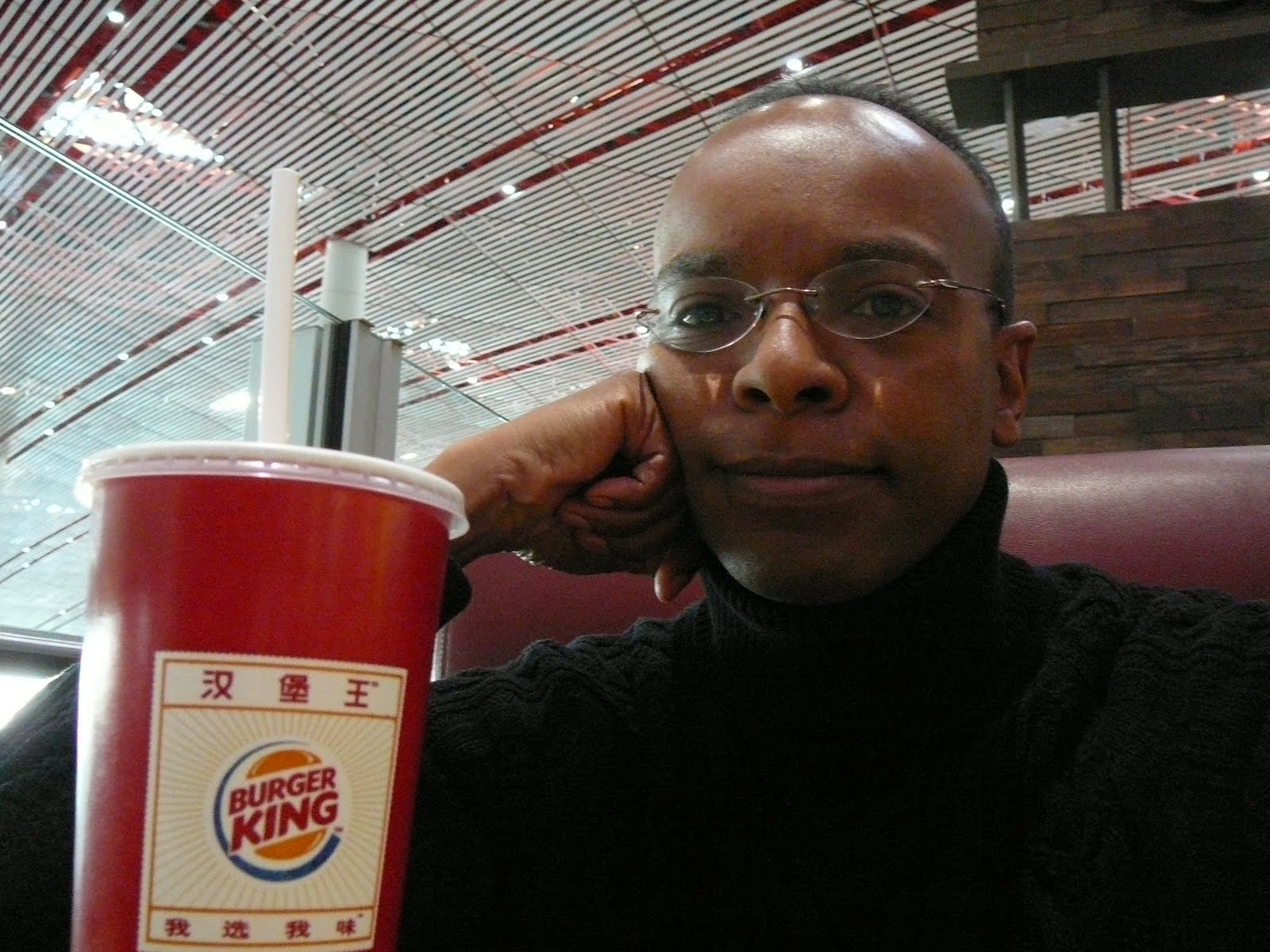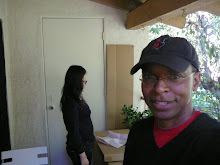
Chinese youth love basketball. If 60 years ago, they carried copies of Chairman Mao's Little Red Book, today they carry LeBron James' career stat line. In their heads.
But you cannot convince anyone here of the love fans have for college basketball in the United States. Whenever I try to explain the wild action of the campus scene, the high-flying exploits of the David vs. Goliath matchups, the drama of the Big Dance, all I get from my hoops-adoring Chinese friends is a collective yawn. It's not because they don't get to hear about the college game, its legendary coaches, and its budding pro basketball stars.
It's because American college basketball isn't the NBA.
"I appreciate the passion of the college game," one co-worker told me. "But it does not compare to the NBA."
"The NBA is simply better," said another colleague. "Everyone knows this."
Instead of launching into a definition involving the Western saying which compares apples to oranges, I decided to try to understand the Chinese obsession with quality. In the U. S., quality goods can be found practically anywhere. But in China, you've got to hunt for them. Chinese people know good from bad quality products, and don't think the recent international concerns about Chinese-made goods hasn't struck a raw nerve. Maybe it's because there are so many cheaply-made products floating around the Chinese domestic market. Believe me, Chinese consumers are every bit as disgusted with corporate corner-cutting as we are in the West. But when you manufacture stuff in a country with so much demand and such limited supply, the temptation is too hard to ignore. So, shoppers in China are always on the lookout for top quality goods. They don't want anything less than the best.
So don't go hatin' on the Chinese because they don't like college hoops; it's just not good enough for them. It's seen as an inferior brand, like Tiger beer.
Or the Euroleague.


